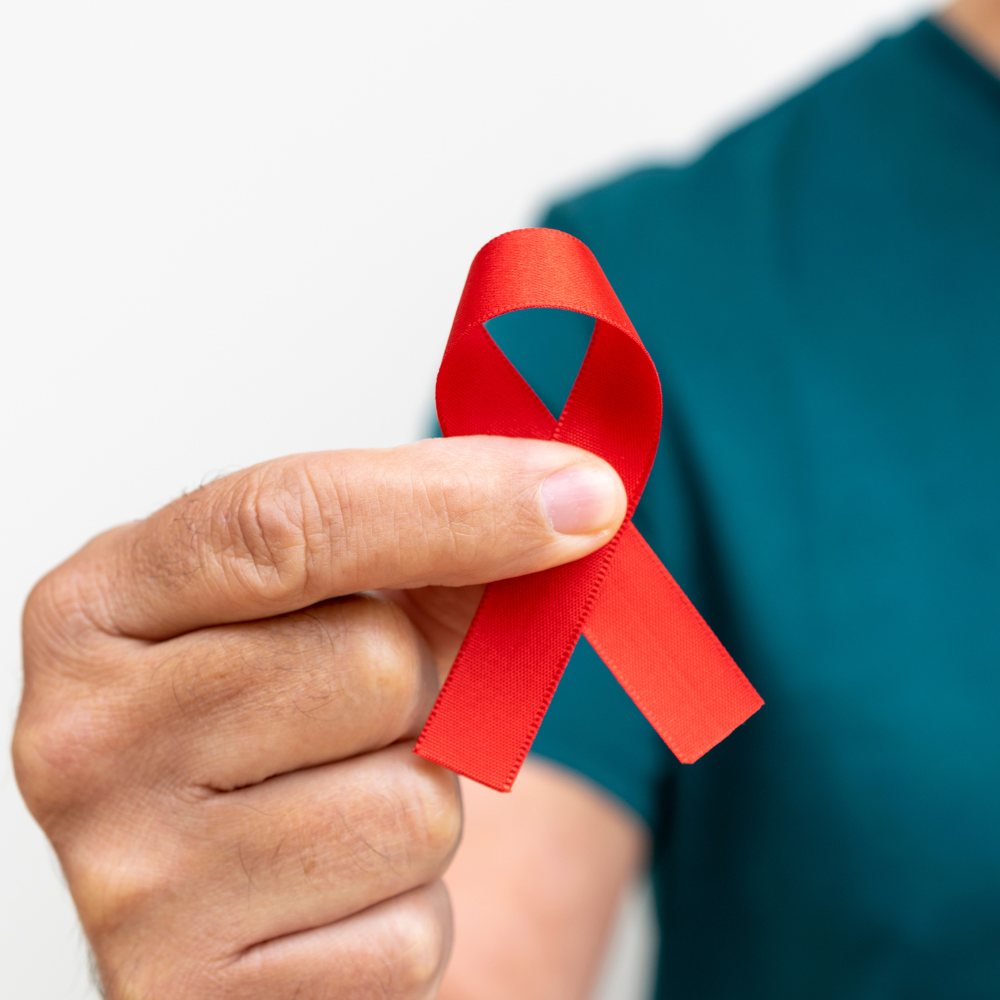White house honors AIDS victims with historic quilt display
On December 2, in a significant and emotional event, the White House commemorated World AIDS Day by displaying the AIDS Memorial Quilt on its South Lawn. This marked the first occasion that this iconic quilt was showcased at the presidential residence, highlighting both the lasting impact of the AIDS crisis and the ongoing battle against HIV/AIDS.
The event gathered survivors, the families of those affected, and advocates who have been deeply touched by the epidemic. President Joe Biden and First Lady Jill Biden offered moving speeches honoring the countless lives lost to AIDS while recognizing the strength of the community that has fought against it.
President Biden expressed, “This movement is fully woven into the fabric and history of America. For all the lives lost, for all those that are still alive, look at what you’ve already done to change hearts and minds, to save lives across the country and around the world. That’s the power of this movement.” His words resonated with all present, underscoring the significance of collective efforts in confronting the challenges posed by HIV/AIDS.
The AIDS Memorial Quilt stands as a powerful emblem of remembrance and hope, comprised of thousands of individual panels. Each panel commemorates a person who has succumbed to AIDS-related illnesses, and when assembled, the quilt can stretch for miles. This visual representation not only honors those lost but also serves as a poignant reminder of the human toll of the epidemic.
Jeanne White-Ginder, whose son Ryan White passed away due to AIDS in 1990, introduced President Biden at the event. Her remarks shed light on the early struggles of her family during the onset of the epidemic, including the pervasive stigma they faced. Jeanne poignantly stated, “Ryan’s legacy is a lesson in courage and compassion. He taught us that love conquers hate, kindness conquers cruelty, and hope conquers despair.” Her words captured the essence of the ongoing fight against prejudice and discrimination associated with the disease.
The proceedings also illustrated the substantial progress achieved in the battle against HIV/AIDS. Advancements in medical treatment and preventive measures have transformed the lives of those living with HIV, allowing many to lead long and fulfilling lives. However, disparities remain, with marginalized communities disproportionately affected by the epidemic, emphasizing the need for continued efforts in combating HIV/AIDS and supporting affected individuals.
The unveiling of the AIDS Memorial Quilt at the White House serves as a poignant reminder of the epidemic’s human cost and the critical importance of continued advocacy, research, and support. It reinforces the notion that community efforts are vital in achieving a future without AIDS, embodying both remembrance of the past and hope for the future.
Through events like these, the collective memory of those lost and the ongoing struggles of those living with HIV are brought to the forefront, fostering awareness and encouraging a commitment to action. The display symbolizes a call to continue the legacy of advocacy and compassion that has defined the movement against HIV/AIDS for decades, highlighting the necessity of unity in the quest for a healthier society.









